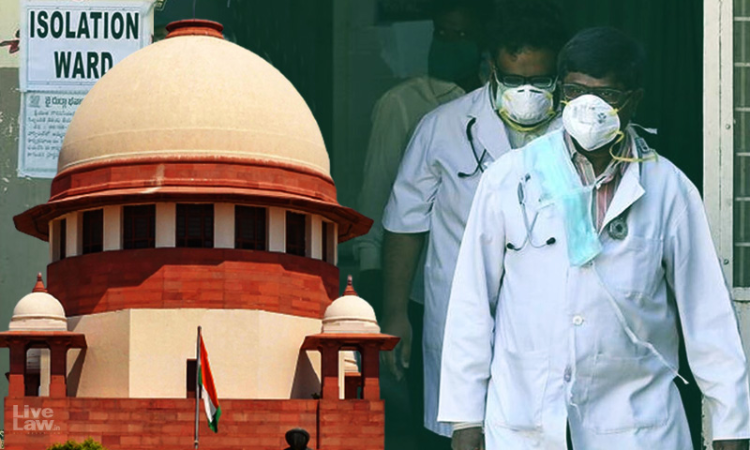Prescribing Lesser Qualifications For Medical Practitioners Serving Rural Areas Is Unconstitutional : Supreme Court
Awstika Das
24 Jan 2023 8:40 PM IST

Next Story
24 Jan 2023 8:40 PM IST
Any variation in the standards of the qualifications required of medical practitioners who render services in rural areas vis-à-vis those rendering services in urban and metropolitan areas is violative of the constitutional values of substantive equality and non-discrimination, said Supreme Court, while pronouncing a judgement striking down the Assam Rural Health Regulatory Authority...
